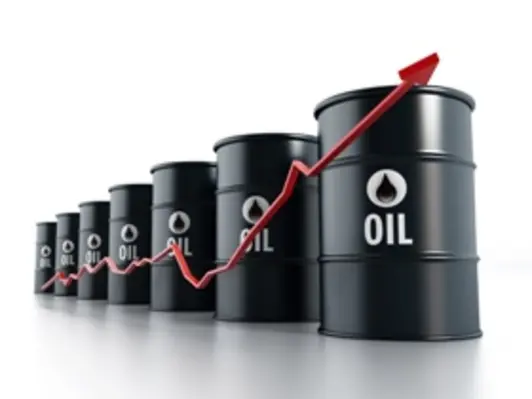Rising oil prices are boosting economic growth throughout the oil-producing economies of the MENA region, with predictions that GDP will largely return to pre-pandemic levels during the course of 2022, according to Atradius’s latest economic report on the Middle East and North Africa (MENA)
Oil prices are expected to level out at about US$70 per barrel, with global demand for oil picking up. In the countries of the Gulf Cooperation Council (GCC) oil activity is expected to grow by up to 8% in 2022, a huge increase on the 0.5% recorded last year.
Many of the energy-exporting nations have also enacted strong vaccine strategies, which in turn has enabled them to lift lockdown measures and reopen domestic sectors such as retail and tourism.
However, despite a brief role when they led the economic recovery during the oil price shock, several non-energy exporting nations have now slipped behind their GCC neighbours when it comes to short-term growth predictions. For Jordan and Lebanon, in particular, ongoing high Covid-19 infection rates are negatively impacting their economic rebounds and contributing to weak economic growth.
The development of the region's private sector is also likely to have an impact on the size and speed of the region's economic recovery. As the report outlines, without private sector reform, economic growth will slow. This is true of most GCC countries where the share of the state-owned hydrocarbon sector dwarfs their various private sectors, but also in Algeria and Egypt where restrictions on imports and foreign investment, and a preferential treatment of state-owned companies over private companies in public tenders are additional factors that are stifling business.
Although vaccine programmes and the development of the private sectors are important for the region's economy, growth is still heavily dependent on oil. Niels de Hoog, senior economist, Atradius, noted that despite plans to expand the capacity of hydrocarbon production, many GCC nations are also investing in renewable energy. He said, "Investments in renewable projects are being stepped up simultaneously to increase the share of domestic energy consumption that comes from renewable sources. The additional fossil fuel production will mainly be destined for exports." At the same time, the rise in home-grown renewables is also changing the economic prospects of the region's non-hydrocarbon producers for the better as they become less dependent on imported energy.
You can download the Atradius Economic Research Report here: https://atradius.com.hk/en/publications/economic-research-petrodollars-boost-mena-private-sector.html








